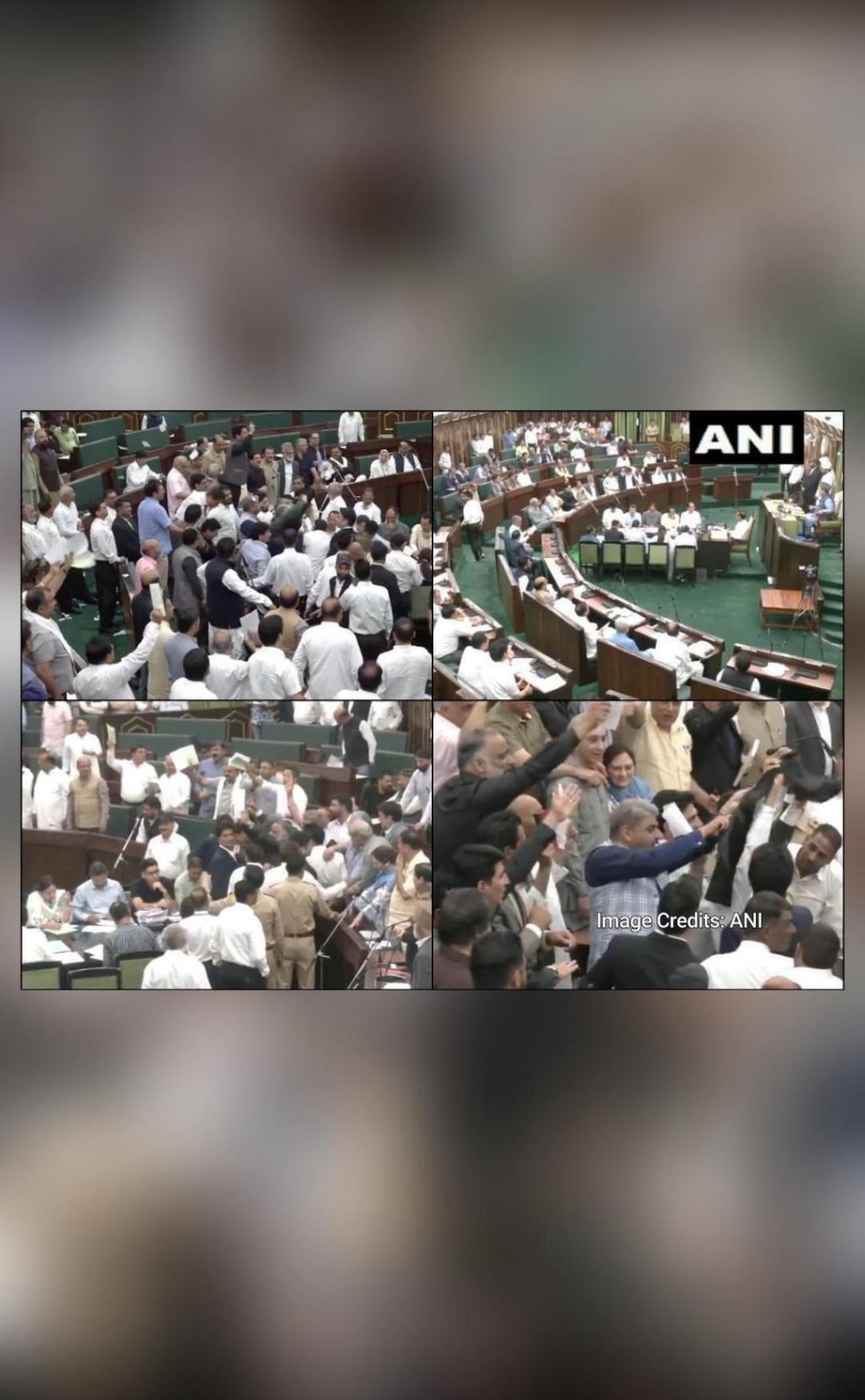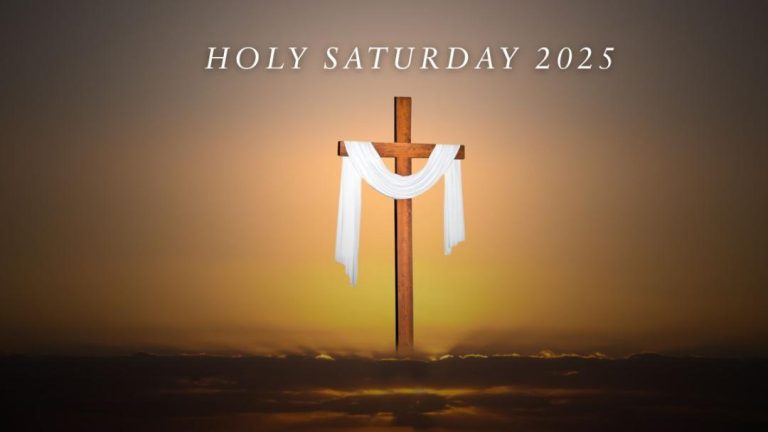
Jammu & Kashmir Assembly adjourned amid uproar over Waqf Act
The Jammu and Kashmir Assembly witnessed a massive uproar on Monday, as the Speaker Abdul Rahim Rather denied an adjournment motion on the Waqf Act. The House was subsequently adjourned, amidst protests from the opposition parties. The National Conference MLAs had moved a motion to adjourn the Question Hour to discuss the Waqf Act, but the BJP also protested and demanded that the Question Hour be held.
The controversy surrounding the Waqf Act has been brewing for several days, with various political parties and religious organizations expressing their concerns over the Act. The Waqf Act, which was passed in 2013, aims to regulate the management of Muslim shrines and properties in the state. However, many critics have accused the government of trying to encroach upon the rights of the Waqf Boards and the religious organizations that manage these shrines.
On Monday, the National Conference MLAs moved an adjournment motion to discuss the Waqf Act, citing the concerns of the Waqf Boards and the religious organizations. However, the Speaker denied the motion, citing the procedural rules of the House. The BJP MLAs also protested, demanding that the Question Hour be held as scheduled.
The opposition parties, including the National Conference and the Peoples Democratic Party (PDP), accused the Speaker of being biased and trying to suppress the voice of the opposition. The National Conference MLAs even staged a walkout from the House, protesting the Speaker’s decision.
The BJP, on the other hand, accused the opposition parties of trying to stall the proceedings of the House and disrupt the Question Hour. The party’s MLAs argued that the Waqf Act was a legitimate legislation that aimed to streamline the management of Muslim shrines and properties.
The controversy over the Waqf Act is not new. In 2019, the PDP government had passed the Act, which was criticized by many religious organizations and political parties. The Act was seen as an attempt by the government to encroach upon the rights of the Waqf Boards and the religious organizations that manage these shrines.
The controversy surrounding the Waqf Act has also been linked to the ongoing political crisis in the state. The PDP, which was the ruling party in the state until 2018, had passed the Act in 2019, despite strong opposition from various religious organizations and political parties.
The opposition parties have accused the PDP government of trying to suppress the voice of the opposition and pass the Act without considering the concerns of the religious organizations and the people of the state. The controversy has also led to tension between the PDP and the BJP, with the BJP accusing the PDP of trying to encroach upon the rights of the Waqf Boards and the religious organizations.
The Waqf Act has also been criticized by many religious organizations, which have accused the government of trying to encroach upon the rights of the Waqf Boards and the religious organizations that manage these shrines. The Act has been seen as an attempt by the government to centralize the management of the shrines and properties, rather than giving the Waqf Boards and the religious organizations more autonomy.
In conclusion, the Jammu and Kashmir Assembly was adjourned on Monday amid uproar over the Waqf Act. The controversy surrounding the Act has been brewing for several days, with various political parties and religious organizations expressing their concerns over the Act. The Act has been criticized for being an attempt by the government to encroach upon the rights of the Waqf Boards and the religious organizations that manage these shrines.






